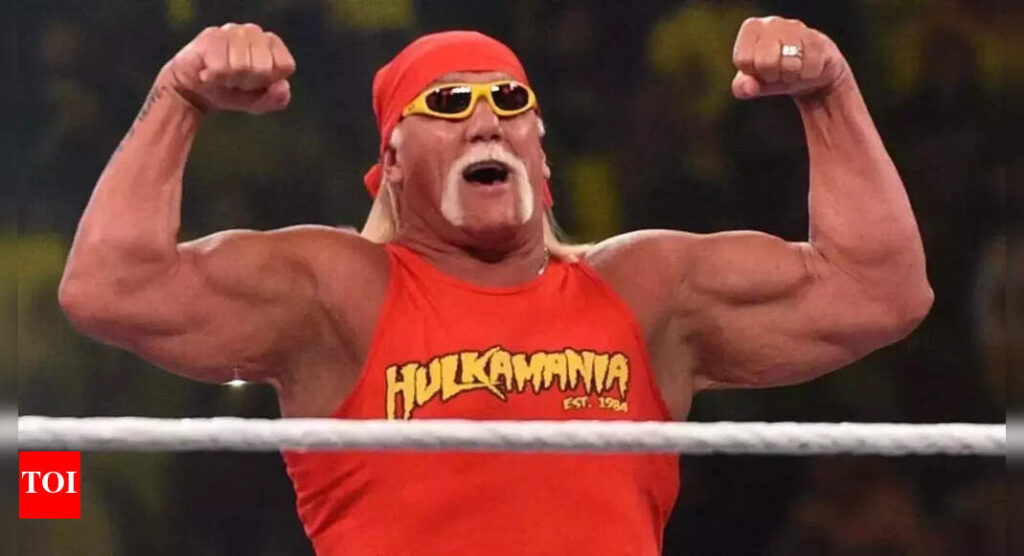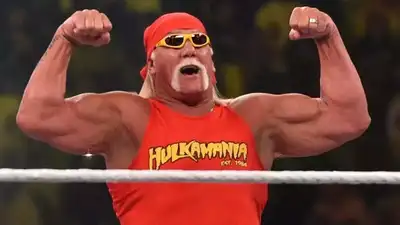How Hulk Hogan destroyed Gawker — after tag teaming with Peter Thiel

“So Hulk Hogan died. As a former Gawker writer (as are all Gawker writers thanks to Hulk Hogan), I won’t be the first or the last to say ‘f** that guy.’ Dance on any grave you want to, but this one’s mine.”— Yvette d’Entremont, former Gawker contributorIt was the kind of tweet that needed no context — but got one anyway. Readers quickly pointed out what the internet already knew but chose to forget: Gawker published a clip of Hogan’s private sex tape in 2012. Hogan sued. He won $140 million. Gawker Media went bankrupt. Case closed.Except it wasn’t just about Hogan. And it wasn’t just about sex tapes. It was about power, privacy, and a billionaire’s quiet vendetta.
TL;DR
Hulk Hogan, who died this week, successfully sued Gawker in 2016 for publishing a clip of his sex tape.The lawsuit, Bollea v. Gawker, ended in a $140 million judgment that bankrupted the site.It later emerged that tech billionaire Peter Thiel — whom Gawker had outed in 2007 — had secretly funded the legal assault.The case became a landmark moment in American media law, sparking debates on free speech, privacy, and the weaponisation of the courts.
The Kill Shot
In 2012, Gawker posted a grainy, black-and-white video of wrestling star Hulk Hogan having sex with his friend’s wife — without his consent. Hogan’s legal team argued it was a gross invasion of privacy. Gawker, led by editor Nick Denton, claimed it was newsworthy. The case dragged on for years.Then, in 2016, the Florida jury delivered a verdict that shocked the media world: $115 million in compensatory damages. $25 million more in punitive damages. And just like that, Gawker was dead.But the real twist came months later, when Forbes revealed that the entire lawsuit had been bankrolled by Peter Thiel, the PayPal co-founder and Facebook investor. In 2007, Gawker had outed Thiel as gay — and Thiel never forgot. “It’s less about revenge and more about specific deterrence,” he would later say, sounding like a Bond villain with a Stanford law degree.
The Free Speech Paradox
The Hogan case was never just about celebrity scandal. It became the most consequential media trial of the digital age. The verdict was cheered by those who felt Gawker’s brand of tabloid blogging had gone too far. But it also terrified journalists and First Amendment advocates, who saw in Thiel’s secret involvement a dangerous precedent: rich people funding lawsuits to destroy media outlets they dislike.Thiel framed it as justice. Gawker framed it as censorship. Denton called it a “chilling assault on the free press.” The courts didn’t care. The law was on Hogan’s side — because the video was private, and Gawker did publish it without permission.
When the Heel Becomes the Hammer
In wrestling, a “heel turn” is when the good guy becomes the villain. But in this case, it was the villain — the loud-mouthed, bandana-clad caricature of 1980s testosterone — who turned out to be the man holding the hammer of justice.Or at least, the man standing in front of the hammer. The hand that swung it was wearing a Silicon Valley watch and holding a grudge.Gawker’s brand of gonzo tabloidism was never meant to be polite. It punched up, punched down, and punched sideways. It published things mainstream outlets wouldn’t. And for that reason, it always had enemies.But Hogan’s death is a reminder that the final punch didn’t come from words. It came from a courtroom.
FAQ
- Was Gawker’s reporting illegal?
Not necessarily. But in Bollea v. Gawker, the jury found that the publication of the sex tape violated Hogan’sprivacy rights , regardless of his public persona. - What happened to Gawker after the lawsuit?
Gawker Media filed for bankruptcy. Its assets were sold to Univision. The brand was briefly revived in 2021, then shut down again in 2023. - Who funded the lawsuit?
Peter Thiel, the billionaire tech investor and early Trump backer, secretly funded Hogan’s legal expenses. His motivation was personal: Gawker had outed him in 2007. - Did this change US media law?
Indirectly. The case sparked a wave of concern about “third-party funded litigation” and how it could be used to silence media outlets — especially smaller, independent ones. - Was Hogan the hero or the weapon?
Depends who you ask. To some, he was a privacy crusader. To others, just a celebrity tool in a much larger grudge match.







